Recycled-carbon-fiber – Plastic-waste 30-04-2022 - Arhive
Recycled-carbon-fiber – Plastic-waste
-Lightweight recycled carbon from Gen 2
Gen 2 Carbon is introducing a 60gsm recycled carbon fibre nonwoven fabric at JEC World 2022 in Paris from May 3-5.
The company, formerly ELG Carbon Fibre and renamed following a management buyout in May 2021, has developed the lightweight nonwoven as part of its G-Tex product range in response to customer requests for materials that combine the flexibility of carded textiles with the lower fibre area weight usually associated with wet-laid products. The company believes it will strongly appeal to customers in several market segments due to its excellent drape, superior surface finish and consistent, low fibre areal weight.
G-Tex 60gsm mat can be processed with any resin system, used as either dry fabrics in liquid moulding processes or as prepregs for autoclave and press moulding.
“Customers have been asking for lower fibre aerial weight products to meet specific needs for some time,” said the company’s Frazer Barnes. “Our technical team has responded through the development of this next generation carbon fibre technology, providing an effective solution to customers in the automotive, aerospace, electronics and wind energy sectors.” Recycled-carbon-fiber – Plastic-waste
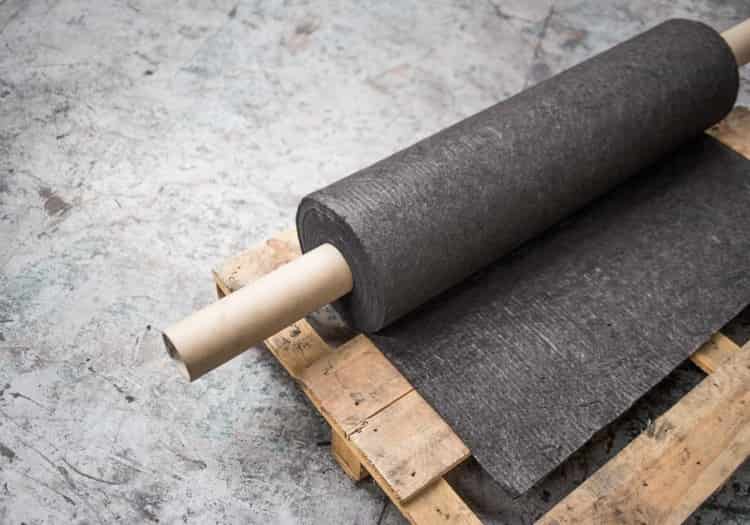
Amcor Rigid Packaging (ARP) and Danone have launched a 100% recyclable bottle for the Villavicencio water brand, made exclusively for the Argentinean market. The new lable-less bottle is made from 100% recycled content and has a reduced carbon footprint of 21% compared to the previous bottle.
“As longtime partners, we are excited to support Danone’s mission to have a positive impact on the environment and our health,” said Juan Cazes, general manager of Amcor Rigid Packaging Argentina.
“Over the last two years, we have worked closely to produce a bottle that fully represents the Villavicencio brand, keeping the same visual elements. We used top-quality materials, helping to ensure the safety of the container and the consumer in the process, while we manufacture a bottle that, with the help of the consumer, will become another bottle once recycled.” Recycled-carbon-fiber – Plastic-waste
The Villavicencio bottle can be recycled over and over, helping to support a more circular economy. Like this new bottle, many of the containers ARP designs are made from polyethylene terephthalate (PET), which is easily recycled with mechanical or chemical recycling in most markets, even when that container uses a label. Removing the label, like in the Villavicencio design, provides a greater opportunity to increase yields of recycled PET resin.
Amcor, a global leader in developing and producing responsible packaging for food, beverage, pharmaceutical, medical, home and personal-care and other products, has committed to making all its packaging recyclable, reusable or compostable by 2025. Partnering with Danone, a global food and beverage company dedicated to inspiring a healthier world through food, was a natural step.
“As one of our flagship brands in Argentina, Villavicencio upholds the ideals that we are all connected to nature,” said Pablo Colombo, Danone procurement director. “If the environment is healthy, we are too.
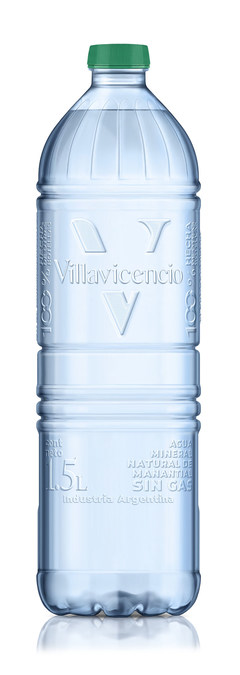
-Tailor-made enzymes poised to propel plastic recycling into a new era
Waste streams of the plastic poly(ethylene terephthalate) that can be recycled into material suitable for food packaging are limited, creating a shortfall of feedstocks. An enzyme has been discovered that widens the feedstock options.
Generations of chemists have taken what nature has to offer and converted it into hugely beneficial products — from drugs to dyes and from fertilizers to food packaging. But the current environmental crisis, in terms of both carbon emissions and plastics pollution, is also a creature of chemistry. And that means chemists must re-engineer their working methods as part of efforts to solve it — including rethinking how current and future generations of chemists are educated. This is happening, although nowhere near as quickly as it needs to.
In Nature this week, chemist Bartosz Grzybowski at the Ulsan Institute of Science and Technology in South Korea and his colleagues describe one such effort, which uses artificial intelligence to repurpose waste compounds into useful products. Algorithms trained on thousands of reactions suggested ways to create some 300 known chemicals used in pharmaceuticals and agriculture.
They include the antibiotic dapsone and a key intermediate for a muscle relaxant called cisatracurium, a drug that has been used in the treatment of people with COVID-19. Recycled-carbon-fiber – Plastic-waste
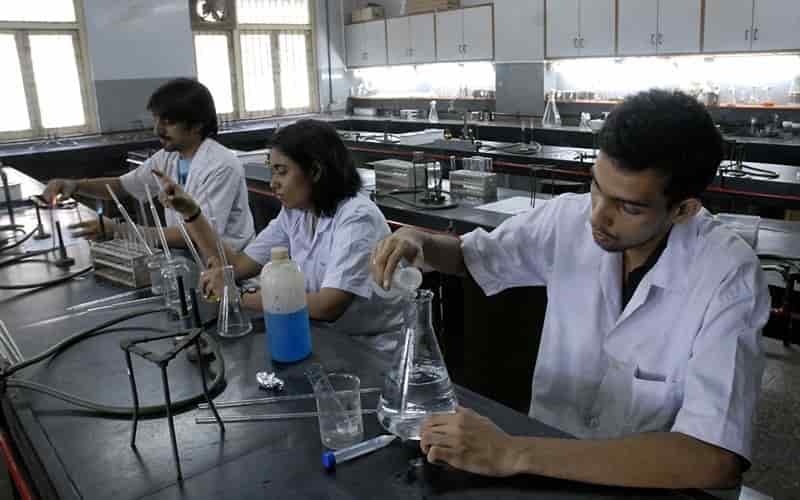
-Kia joins Dutch campaign on plastic wastes from sea
Kia has partnered up with The Ocean Cleanup, a Netherlands-based nonprofit engineering environmental organization, to remove plastic wastes from the sea for a sustainable Earth, according to Kia on Thursday.
The Ocean Cleanup develops cleanup systems to remove floating pieces of plastic caught in what is known as the Great Pacific Garbage Patch — a collection of marine debris in the North Pacific Ocean — and also scalable solutions to efficiently intercept plastic in rivers before it reaches the oceans.
With this partnership, Kia plans to financially support the organization’s project to rid the oceans of plastic and establish a resource cyclical system by recycling collected plastic wastes and using them in its vehicles.
Kia will also provide the organization with four electric vehicles and steel needed to make its Interceptor, a garbage collection vessel helping to clean up polluted rivers.
“Through this partnership, we will not only clean up the ocean, but also provide a sustainable solution to recycling plastic,’ said Boyan Slat, chief executive officer of The Ocean Cleanup. Recycled-carbon-fiber – Plastic-waste
“Kia’s vision of a sustainable future is not just about changing our products and services, but also promoting positive changes across our industry. We will continue to create a movement that inspires many people through open partnerships with various partners with innovative technologies and ideas,” Kia CEO Song Ho-sung said.
Kia plans to increase its use of recycled plastic in finished cars to more than 20 percent by 2030.
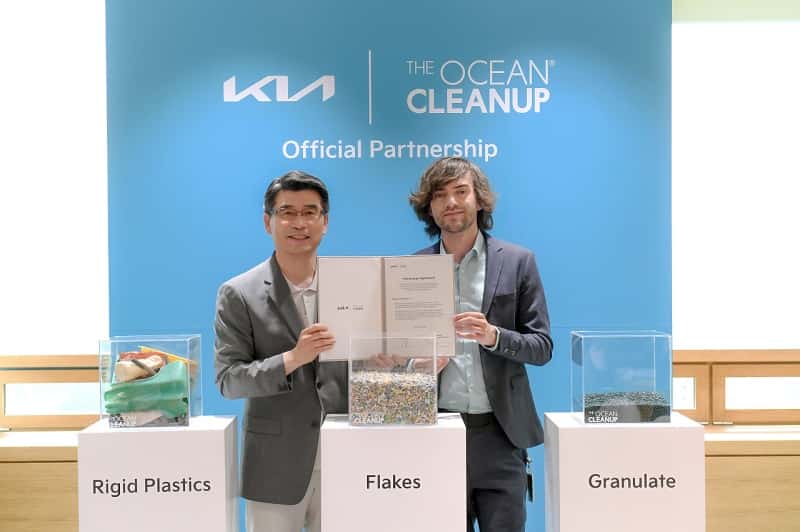
-Armacell® passes 2 billion mark in reuse of plastic bottles
- Armacell passes 2 billion milestone in record time
- Patented rPET processing technology is contributing to a circular economy in plastics
- ArmaPET® business growing fast through substitution of competing materials
Armacell, a global leader in flexible foam for the equipment insulation market and a leading provider of engineered foams, has passed a significant recycling milestone: two billion plastic bottles have now been given a new life.
Worldwide, a million plastic drinking bottles are bought every minute. Most are probably thrown away or end up in landfill. Although awareness of the plastic waste issue has been growing in recent years, the circular economy in plastics is still a work in progress. One example of successful recycling is ArmaPET.
From 1 billion to 2 billion in only two years
Waste plastic bottles are recycled and given a new life using Armacell’s unique recycled PET foam technology known as rPET. “From the start of rPET series production to the one billion recycled bottles’ milestone took nine years; for the second billion only two years,” says Thomas Kessel, Managing Director, PET Foams, Armacell.
”In recent years, we have greatly expanded our production capacities and extended the geographical reach by opening additional ArmaPET production lines in Brampton, Canada in 2017 and in Suzhou, China in 2020. In 2021, two more production lines were commissioned at the Armacell PET headquarters in Thimister Belgium,” Kessel adds. Recycled-carbon-fiber – Plastic-waste
Growing demand for ArmaPET product solutions
“The growing demand for recycled PET foam core products has been driven, on the one hand, by the replacement of competing materials such as PVC, PUR, balsa, honeycomb materials, etc., and on the other hand by the increasing use of recycled PET foam core products in the wind energy, transport, construction and other industries. Another factor fuelling this demand surge has been the desire for more sustainable sourcing in the material selection process.
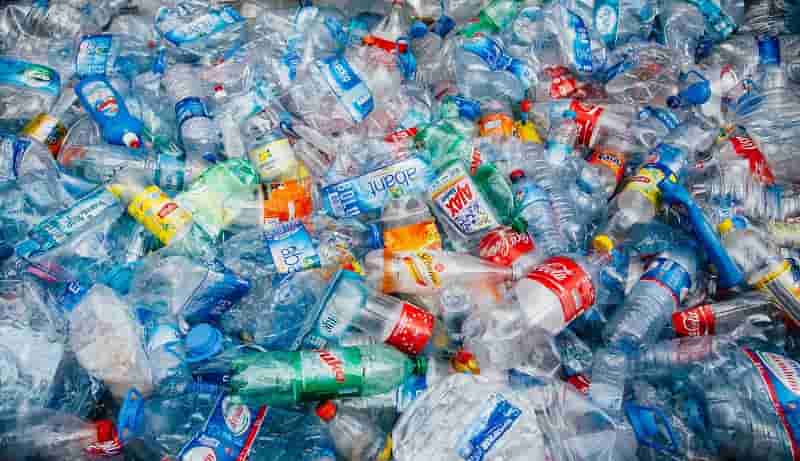
As part of a multiyear strategic partnership with Eastman, Maip Group, a leading international plastics formulator and compound producer, announces innovative compounds for new resins in the automotive market. Maip Compounding, the group’s manufacturing company, announces its Cherbio™ family based on Eastman’s molecular recycling technologies.
Maip Compounding has released a new range of compounded polymers with ISCC Plus certification. The new Cherbio (Chemical recycling biobased) family will offer a range of aesthetic and functional products specifically formulated with a wide range of colors and special effects. Recycled-carbon-fiber – Plastic-waste
Cherbio T, based on Eastman’s polyester renewal technology, provides up to 50% certified recycled content* from post-consumer and postindustrial waste streams. Unlike mechanically recycled plastics, it offers the same high performances as virgin plastics.
Cherbio C provides up to 48% biobased content from sustainably managed forests. In addition, Eastman’s carbon renewal technology uses mixed waste plastics to provide an additional 20% to 40% certified recycled content,* offering a material that is both biobased and contains certified recycled content.
Eastman has announced multiple investments for material-to-material molecular recycling facilities to produce new sustainable materials. The first facility, in Kingsport, Tennessee, is expected to be mechanically complete in late 2022, and the second facility, located in France, is expected to be mechanically complete in 2025.
Eastman’s proven molecular recycling technologies provide true circularity for hard-to-recycle plastic waste that is typically incinerated or sent to a landfill. With molecular recycling, this hard-to-recycle waste is broken down into its molecular building blocks and reassembled to become first-quality material without any compromise in performance. Eastman’s polyester renewal technology enables the potentially infinite value of materials by keeping them in production life cycle after life cycle. With the technology’s inherent efficiencies and the renewable energy sources available in France, materials can be produced with greenhouse gas emissions up to 80% less than traditional methods.
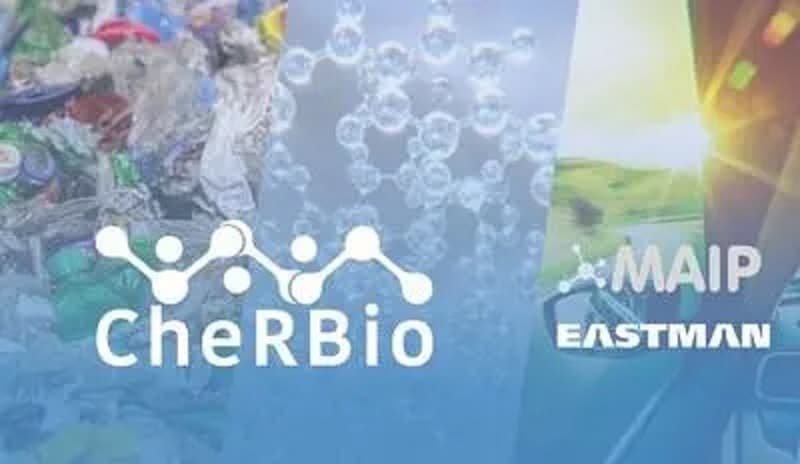
Recycled-carbon-fiber – Plastic-waste
